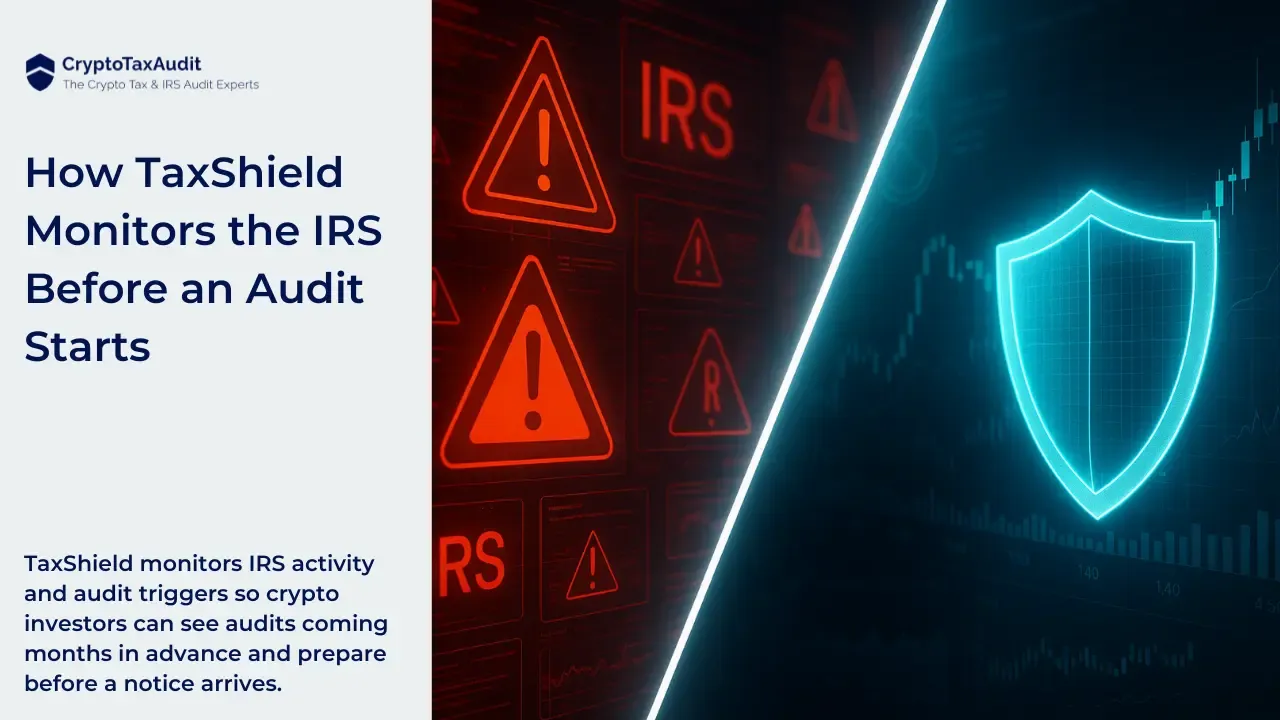
How Wrapped Bitcoin (cbBTC) Impacts Your Crypto Taxes: What Every Trader Needs to Know
Key Takeaways
-
Wrapping Bitcoin into cbBTC is not a taxable event, but selling or exchanging it is.
-
Yield farming with cbBTC generates ordinary income and may trigger capital gains or losses.
-
Burning cbBTC to reclaim Bitcoin is non-taxable, but exiting a yield farm can result in complex reporting.
-
Coinbase's massive BTC holdings give cbBTC real influence on the Base network's DeFi activity.
Wrapped Bitcoin represents an exciting development across various blockchains. It allows you to utilize Bitcoins for activities other than holding them.
However, it's essential to understand that wrapping Bitcoin means giving up ownership. When you wrap Bitcoin, it's controlled by someone else’s network and placed in a smart contract.
What is Coinbase-wrapped Bitcoin (cbBTC)?
It's Coinbase-wrapped Bitcoin.
What is Coinbase-wrapped Bitcoin?
You send Coinbase your Bitcoin. They hold, wrap, and drop it onto the Base network. So, it's wrapped in Bitcoin but on the Base network.
Why does cbBTC matter for crypto investors and DeFi yield farming?
Coinbase holds $52 billion in Bitcoin, the top holder of BTC, with over 4.3% of the supply.
Now, if they wrap a small amount of that supply and bring it onto the base network, you can start earning yield and farming yield on your wrapped Bitcoin in a DeFi ecosystem on the base network.
Do you still own your Bitcoin after it’s wrapped into cbBTC?
Wrapping Bitcoin effectively means it is no longer in your possession. This situation can be problematic for many Bitcoin purists who adhere to the principle, "Not your keys, not your coin." Transferring Bitcoin to a different network involves giving up a certain degree of control.
Is wrapping Bitcoin into cbBTC a taxable event?
When considering the tax implications of wrapped Bitcoin offered by Coinbase, it's important to note that wrapping Bitcoin itself is not taxable. The Bitcoin remains yours until you take action to give away ownership. A taxable event occurs only when you sell or exchange the wrapped Bitcoin.
What are the tax implications of selling or burning cbBTC?
This is treated as a taxable event if you take action, such as giving away or selling the underlying token holding the wrapped Bitcoin. The gain or proceeds are valued at the wrapped Bitcoin's fair market value at the date and time it was exchanged. Conversely, if you burn the wrapped token and reclaim your original Bitcoin, there is no taxable event.
How is income from cbBTC yield farming taxed?
Using wrapped Bitcoin for investments such as yield farming introduces other tax considerations. Income generated from yield farming is treated as ordinary income and taxed at ordinary rates. The yield farming process often involves adjustments of coin quantities, leading to potential taxable gains or losses.
What happens if you earn more crypto in a cbBTC yield farm?
If you exit a yield farm with more crypto assets than you initially invested, the increase is treated as a distribution. This distribution is taxed at the fair market value of the new coins at the time they are received.
What happens if you lose crypto in a cbBTC yield farm?
If you exit a yield farm with fewer crypto assets than you started with, this loss is treated as though the coins were sold for a zero-cost basis. The original cost basis is written down to zero, and you recognize the loss accordingly. For other paired coins in the yield farm, gains or losses are based on their respective increases or decreases.
How can CryptoTaxAudit help with wrapped Bitcoin and DeFi reporting?
The tax implications of wrapping Bitcoin on Coinbase can be complex, involving different scenarios that affect whether a taxable event occurs.
Understanding these distinctions is crucial for Bitcoin holders considering wrapping their assets. Remember to consult a tax professional for personalized advice tailored to your specific situation to ensure compliance and optimize your tax obligations.
At CryptoTaxAudit, we provide expert guidance and essential resources tailored to your investment needs.
Stay ahead of changing policies and ensure your financial decisions are well-informed and strategic.
Don’t miss out: Schedule a call with us today equip yourself with essential knowledge to effectively manage crypto tax implications. Protect your financial future by acting now!
Related Articles:
IRS CP2501 Letter: A Guide for Crypto Investors
Frequently Asked Questions About Coinbase-wrapped Bitcoin (cbBTC) and Crypto Taxes
Q: Is wrapping Bitcoin into cbBTC a taxable event?
A: No. Wrapping Bitcoin alone is not considered a taxable event. The taxable event occurs only if you exchange or give away the wrapped token.
Q: What happens if I burn cbBTC and get my original Bitcoin back?
A: That’s not a taxable event. Since you’re reclaiming your original asset, no gain or loss is realized.
Q: Are earnings from yield farming with cbBTC taxable?
A: Yes. Yield farming income is treated as ordinary income and taxed at your regular income tax rate.
Q: What if I lose crypto when exiting a yield farm?
A: Losses are recognized when the value of the returned assets is less than your original cost. The difference may be deducted as a capital loss.
Q: How can CryptoTaxAudit help with wrapped Bitcoin and yield farming taxes?
A: We provide expert gain calculations, income classification, and audit protection. Our team ensures your DeFi activity is accurately reported and IRS-ready.
Don’t let wrapped Bitcoin complicate your tax life. At CryptoTaxAudit, we give you the tools to stay compliant, protect your gains, and sleep well at night.





